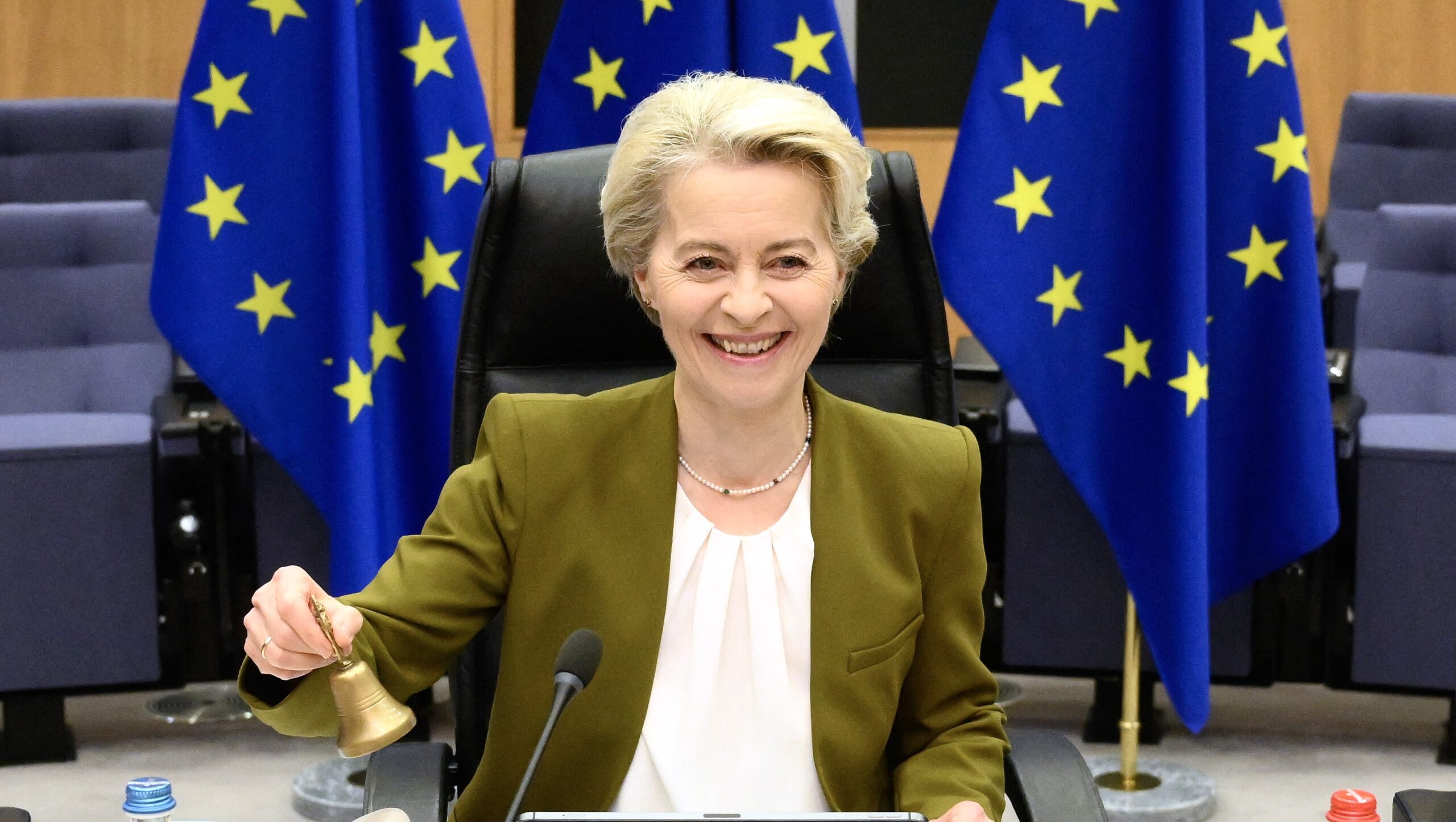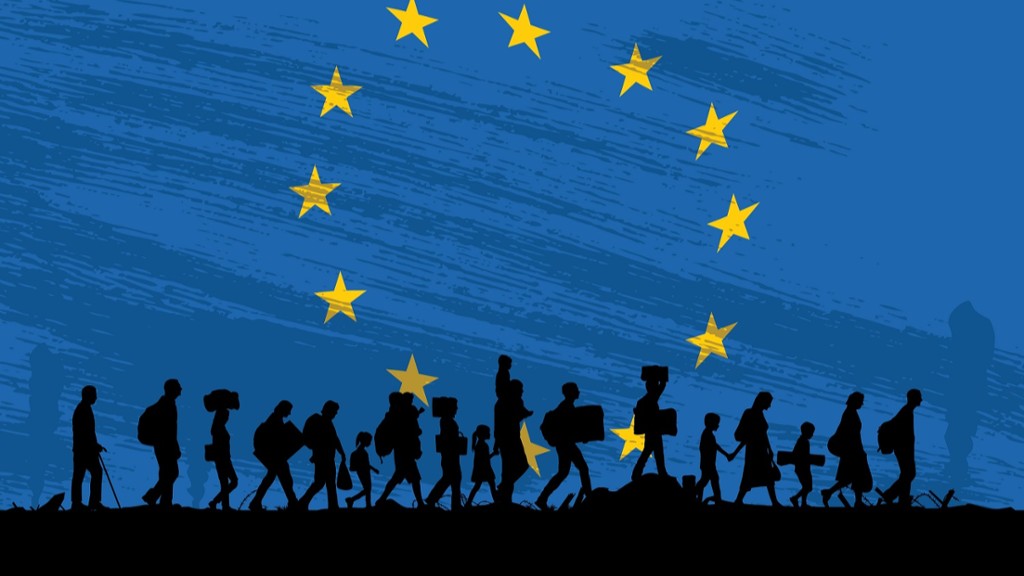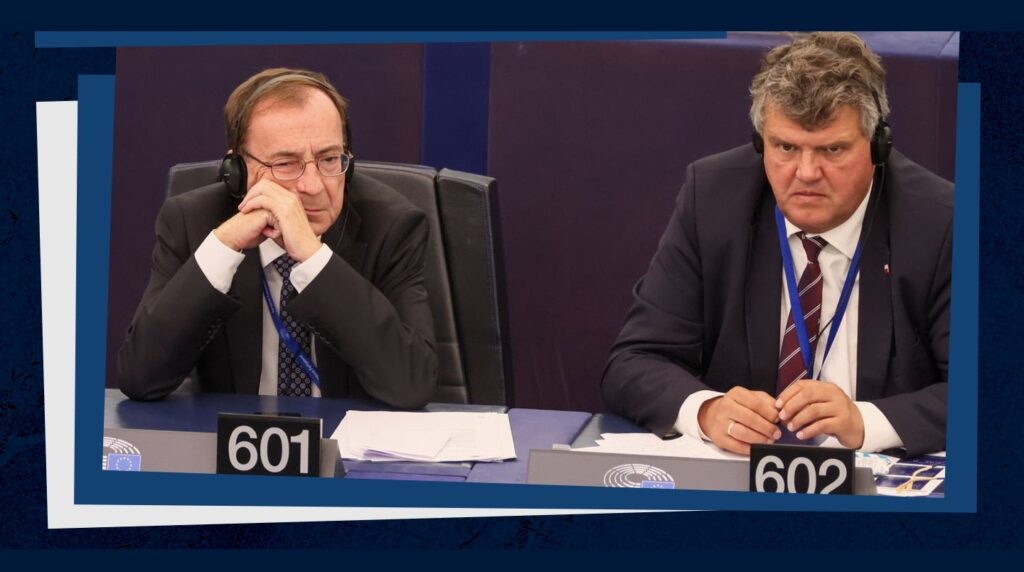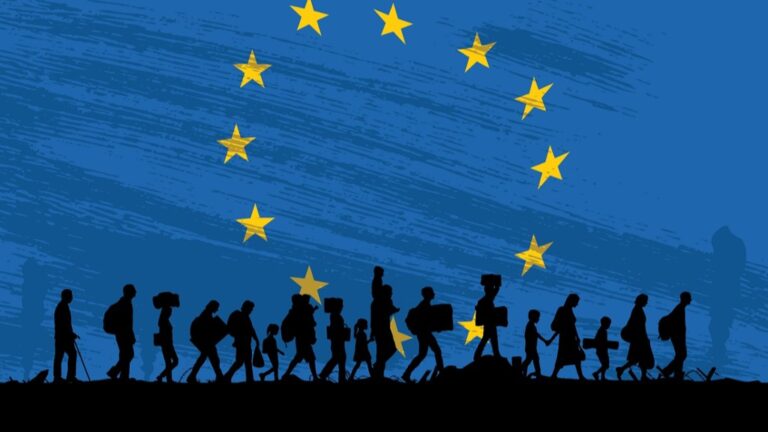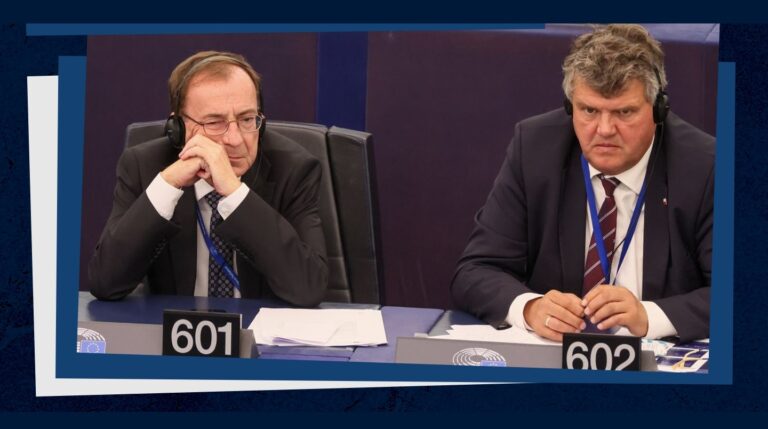The following is a translation of an article written by Réka Zsuzsánna Máthé, originally published on the Five Minutes Europe blog of Ludovika.hu.
Ursula von der Leyen has set a strong political direction for the European Union, exceeding her powers
The biggest question in the European Union at the moment is whether the new Commission can be in place by 1 December. However, the intense negotiations between the different political families in the European Parliament and the Commission President will soon be concluded and hopefully, the new Commission will start its work in early December. The newly formed body will have to carry out its tasks under the guidance of the Commission President.
During her re-election campaign, Ursula von der Leyen outlined the policy orientations she expects from the Commission for the 2024–2029 term. The term ‘policy orientations’ is quite problematic, since Article 15 of the Treaty on European Union states, ‘The European Council shall provide the Union with the necessary impetus for its development and shall define the general political directions and priorities thereof’. In contrast, Article 17 does not include among the Commission’s tasks either the provision of political guidance or the power to set political priorities. The Commission, under the control of the Court of Justice of the European Union, supervises the application of EU law, implements the budget and manages programmes, performs executive and administrative tasks, and represents the Union externally. In light of these and intending to establish agreements between the institutions, it proposes the annual and multiannual programme of the Union’s activities. However, all this must follow the rules laid down in Article 15.
Despite what the treaty says, Ursula von der Leyen has set a solid political direction for the European Union. All previous goals and achievements, such as the NextGenerationEU, the Pact on Migration and Asylum, and the European Green Deal, must be adhered to, and the Commission will stay on course, the document says. In other words, von der Leyen does not foresee that democratic elections could lead to Member State Heads of State and Government deciding differently on certain issues and setting a different political direction for the Commission. Or, if they do, the Commission President implies that she will ignore the political guidance.
The President made a powerful comment on Ukraine: ‘Ukraine is fighting for our freedom every day—and we must work for its freedom too.’ In light of this, she resolved that our top priority will continue to be ‘rallying partners to support with short-term needs and long-term reconstruction efforts’. At the same time, she stated that the best investment in European security is to invest in Ukraine’s security. Europe’s financial, political, and military support must be maintained as long as it is needed. All the instruments at our disposal must be used, for example through the European Peace Facility, from immediate needs through the Ukraine facility to future reconstruction efforts, the document notes.
‘She stated that the best investment in European security is to invest in Ukraine’s security’
However, it is not for the Commission to define the EU’s ‘top priority’. Just as determining the level and duration of aid is a highly political issue—it goes beyond the application of EU law, the implementation of the budget and EU programmes, routine administrative tasks, the facilitation of interinstitutional agreements, or the external representation of the Union. In other words, von der Leyen promised something when she was elected that she has no institutional mandate to do.
In a highly politicized environment, the newly formed Commission will have to play a professional, coordinating, and supervisory role—and its members are likely to go beyond the Commission’s sphere. It is expected that they will seek to make decisions on issues which, under the treaties, the European Council of Heads of State and Government has the power to decide.
This begs the question: how much confidence can we have in a body that is charged with overseeing and enforcing the treaties, but which itself does not respect the part of the treaties that applies to it?
Read more on the subject:
Click here to read the original article.

